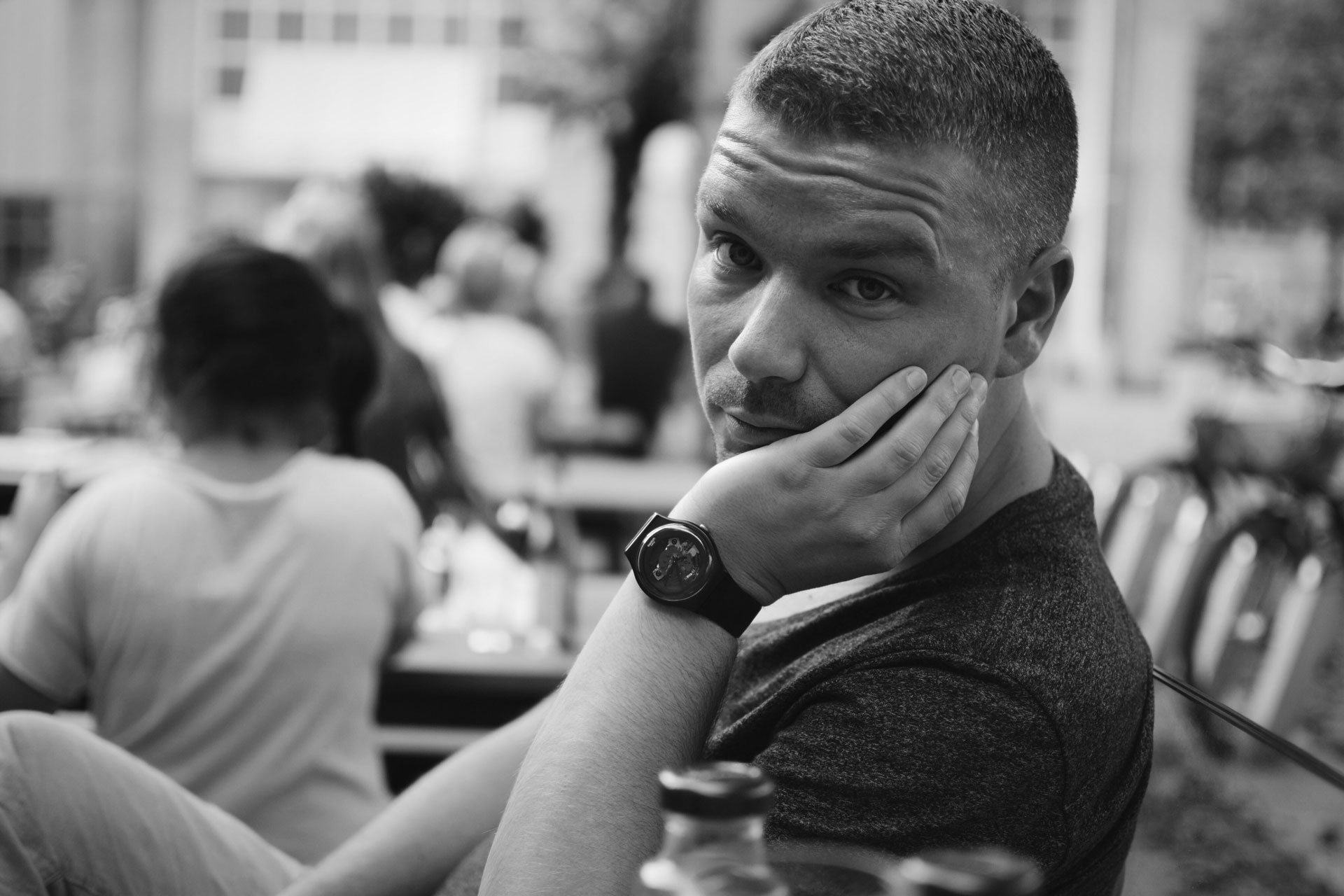There comes a moment when life stops feeling like forward motion.
You’re not in crisis, but you’re not okay either. You’re tired…but not the kind of tired that sleep fixes. It’s a quieter exhaustion. A soul-level flatness. A feeling that something isn’t working, but you can’t quite name it. Maybe you’ve said it out loud already, or maybe it’s just sitting at the back of your mind:
“I can’t do this anymore.”
That sentence means different things to different people.
For some, it’s the silent collapse after holding everything together for too long—at work, at home, for everyone else. For others, it’s the moment a job, a role, or a relationship that once gave purpose now feels hollow. And sometimes it’s just the realisation that, somewhere along the way, you’ve stopped recognising yourself.
Where You Are Isn’t Who You Are
In a world obsessed with outcomes, we often forget how much internal terrain we cover just to stay upright.
You may be functioning on paper…hitting deadlines, raising children, answering emails but inside, you’re weathering a storm. And here’s the quiet truth many people won’t say out loud: coping isn’t the same as living.
Feeling stuck, numb, or overwhelmed doesn’t make you broken. It makes you human.
And it’s usually a signal, one you’ve learned to ignore because life doesn’t stop for processing. But eventually, that signal becomes too loud to silence.
You Don’t Need a Crisis to Ask for Support
There’s a myth that therapy or psychological support is only for people in crisis. That you need a diagnosis, a breakdown, or some spectacular collapse to qualify.
But the most common words I hear when people finally walk into a session?
“I should have done this sooner.”
Whether it’s burnout, relationship conflict, emotional flatness, or a career that feels like it no longer fits, support doesn’t require a disaster. It starts with honesty: something isn’t working. I’m not coping like I used to. I want to feel capable again.
Capability Isn’t About Pushing Harder
High-functioning people often assume they just need to “sort themselves out.” Push through. Figure it out privately. But emotional overload doesn’t respond to grit.
Sometimes capability isn’t about more effort. It’s about learning how to listen, clearly and compassionately, to what your mind and body have been trying to say for a while.
When we begin to untangle what you’re carrying, something shifts. Space opens up. The storm doesn’t disappear, but it becomes navigable.
You begin to remember what it feels like to move forward with clarity. Not performative, not perfect… just real.
From I Can’t Anymore… To I Am Capable
The turning point isn’t dramatic. It’s quiet.
It sounds like:
“I didn’t cry at work this week.”
“I set a boundary and didn’t apologise for it.”
“I feel more like myself again.”
This is where therapy can help, not to fix you, but to support you in reconnecting with your inner resources. Because “I am capable” doesn’t mean everything’s fine. It means you know how to meet life with steadiness, even when it’s hard.
Where to From Here?
If this feels familiar, if you’ve whispered “I can’t anymore” in the quiet of your own mind, know that you’re not alone.
At Intellimind Psychology, I offer space. Not just for problems, but for perspective. Together, we look at what’s working, what’s not, and what’s possible.
You don’t need to keep doing this alone.





